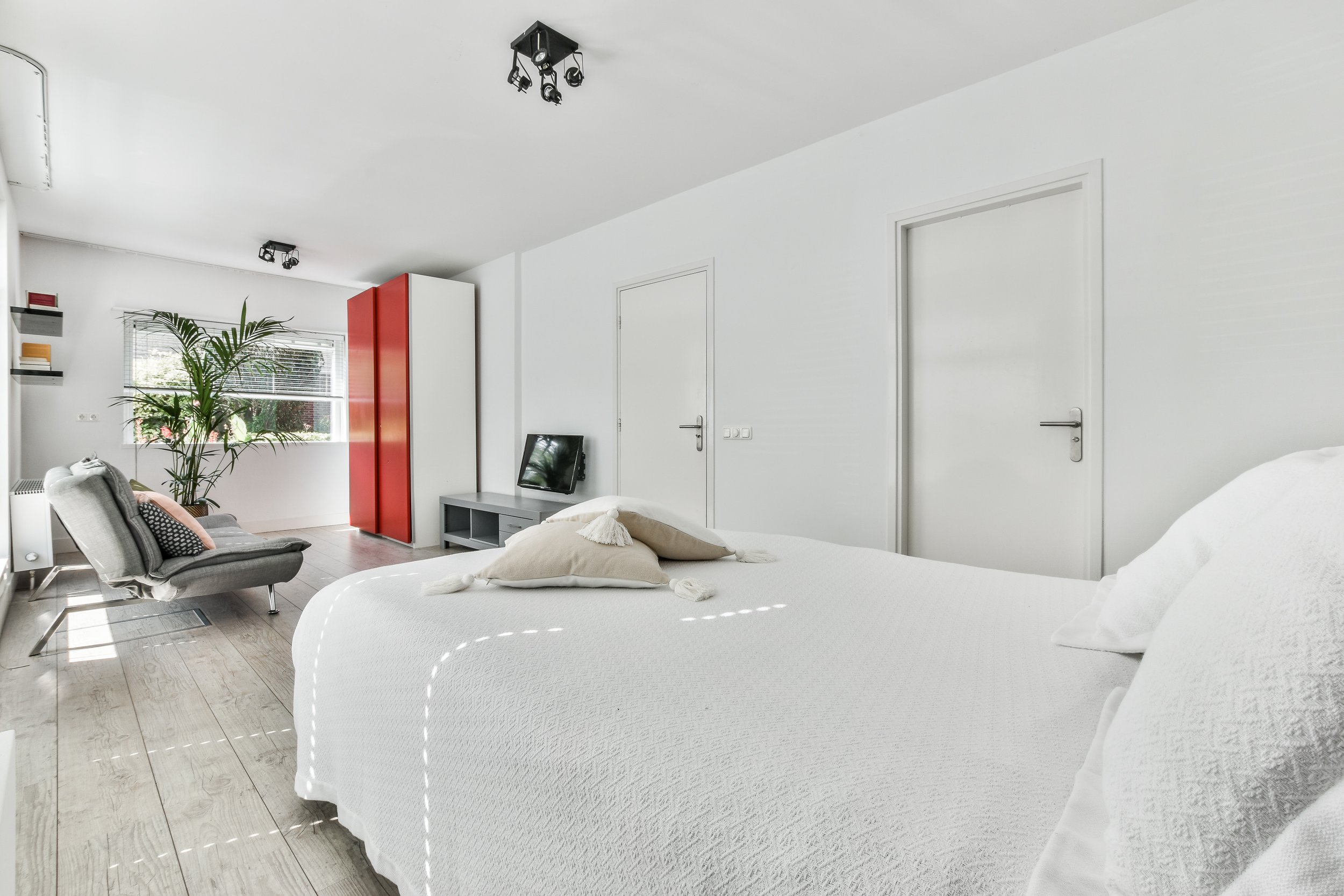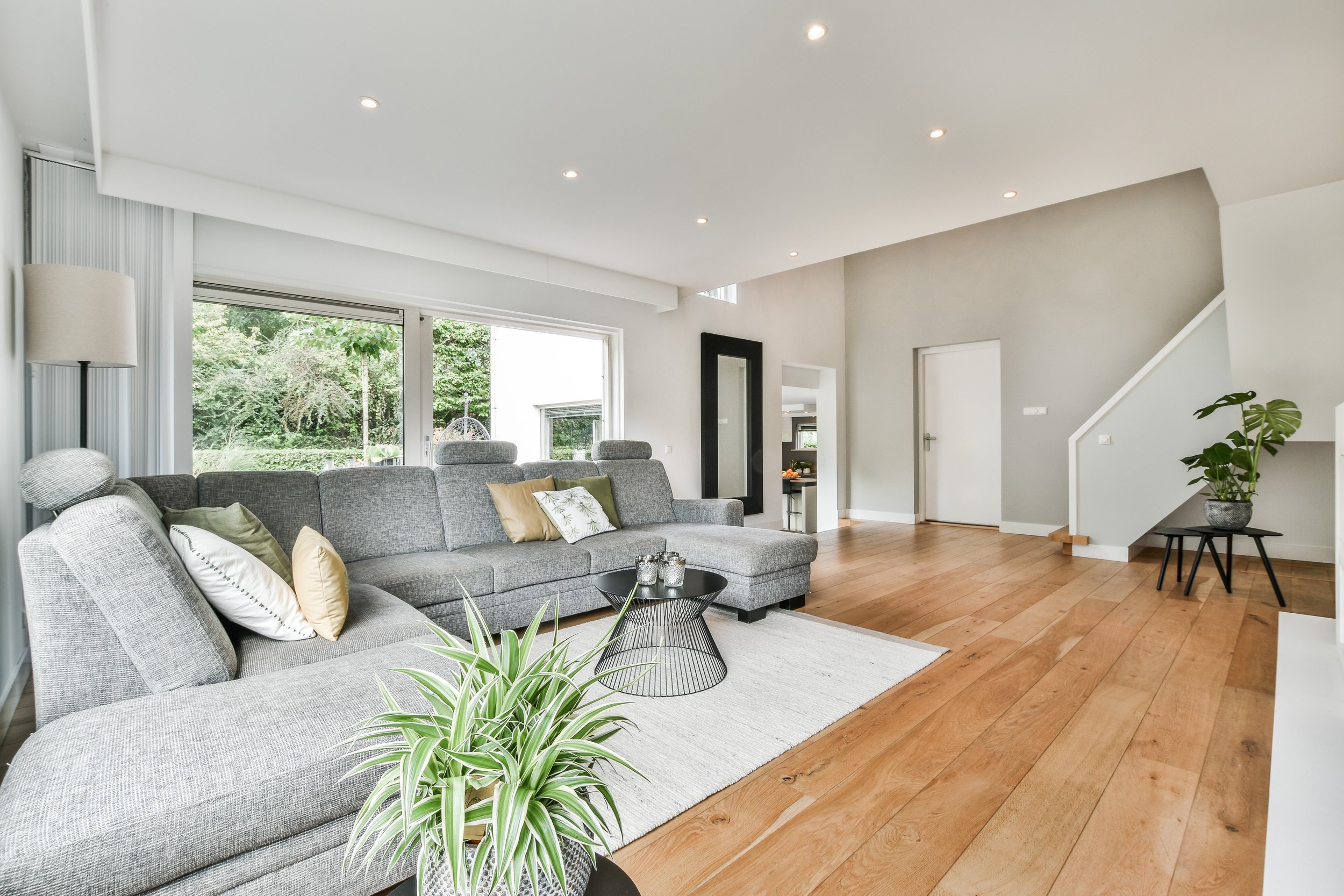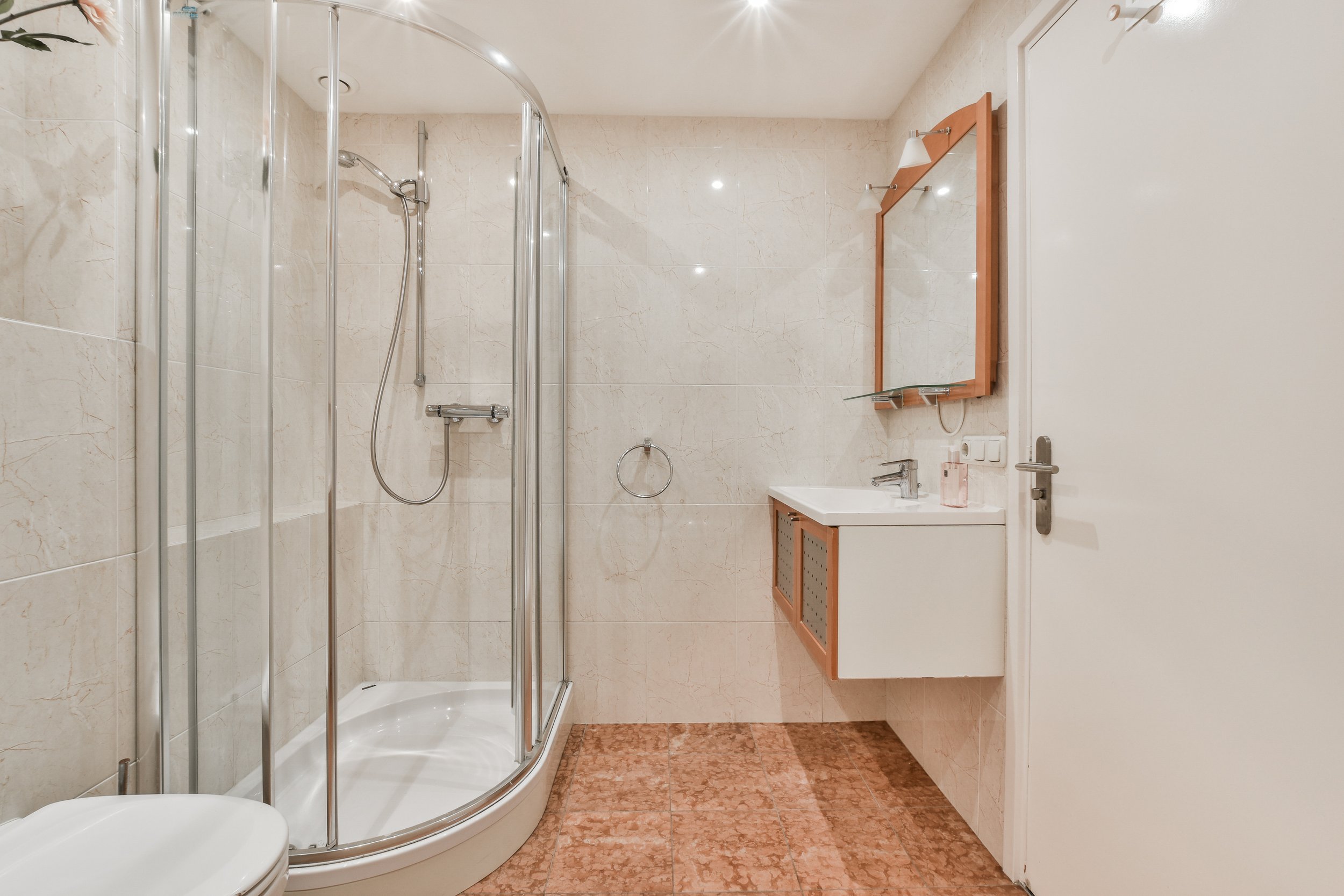Choosing a Basement Finishing Contractor in Sandy Springs, GA
Homeowners in Sandy Springs often look at the basement and see untapped value. A finished space can add a guest suite for family visits, a quiet office, or a rental-ready studio. The decision that matters most is who builds it. The right contractor delivers a dry, code-compliant basement that feels like the rest of the home. The wrong one leaves moisture problems, uneven floors, and permit headaches. This guide explains how to evaluate basement finishing services in Sandy Springs and the wider North Atlanta area, and why Heide Contracting is a strong fit for projects across Atlanta, including Dunwoody, Brookhaven, Buckhead, and Roswell.
Start with Atlanta-area building realities
Basements in Metro Atlanta face three recurring issues: moisture, egress, and HVAC load. Sandy Springs sits on mixed red clay and granite. Water moves slowly through clay, which means a basement can trap humidity even without visible leaks. A good contractor tests moisture, checks vapor barriers, and specifies closed-cell foam or rigid foam where needed. Egress matters too. A bedroom needs a compliant egress window or exterior door with proper dimensions and a ladder or steps in the well. Inspectors in Sandy Springs and Atlanta are strict on this point. Finally, HVAC sizing is often overlooked. A conditioned basement changes the overall load. Adding supply and returns without resizing can create pressure imbalances and temperature swings on upper floors.
Permits, inspections, and why they protect you
Sandy Springs operates under the Georgia State Minimum Standard Codes with local amendments. A basement finish triggers permits for building, electrical, plumbing, and mechanical if any systems are added or altered. Expect at least three inspections: framing, rough-in for MEP trades, and final. Skipping permits may look faster, but it can stall a future sale and void insurance coverage after a water incident or electrical issue. An experienced contractor submits drawings that show wall assemblies, insulation R-values, smoke and CO detector placement, and egress details. That level of clarity shortens review times and reduces change orders.

Moisture control before pretty finishes
An attractive basement means little if the slab wicks moisture or the walls sweat in July. A contractor should test with a hygrometer over several days, inspect exterior grading and downspouts, and look for efflorescence on concrete. Vapor barriers under new subfloors and continuous insulation on foundation walls help keep surfaces warm and dry. In practice, that could mean a dimpled underlayment topped with engineered flooring, or a sealed slab with luxury vinyl plank rated for below-grade use. Dehumidification is a must in Atlanta summers. Many projects include a dedicated 70–90 pint unit tied to a condensate drain to keep relative humidity near 45 to 50 percent.
Layout decisions that pay off
Successful basements flow like the main level. Door swings clear furniture, ceiling heights stay consistent, and stairs feel safe and well lit. Soffits hide ductwork without creating a maze of low spots. The best plans group plumbing near existing stacks to reduce costs. For example, a full bath placed behind the mechanical room can save 15 to 25 percent on plumbing labor and concrete trenching. Sound control matters if a theater or music room sits under a bedroom. Staggered studs, mineral wool, and resilient channel on ceilings reduce transfer without blowing the budget.
Budget ranges Sandy Springs owners actually see
Costs vary by size, specs, and existing conditions, but local ranges help set expectations. In Sandy Springs and nearby Atlanta neighborhoods:
- Basic finish with one large open room and a half bath: roughly $55–$75 per square foot.
- Mid-scope with a full bath, office/bedroom, LVP flooring, and a small bar: typically $80–$120 per square foot.
- High-spec with theater, custom bar, sauna or gym, and built-ins: often $130–$200 per square foot.
Existing moisture mitigation, steel beam boxing, or a new egress window can add line items. The upside is predictable scheduling. A 900–1,200 square foot basement usually takes 6–10 weeks after permits, with longer lead times for custom cabinetry or specialty glass.
How to vet a basement finishing contractor
Experience in below-grade work matters more than a glossy portfolio of kitchens. Ask how the team handles vapor control, load calculations, and slab moisture. Request addresses for two recent projects in Sandy Springs or North Atlanta so you can see fit and finish in person. A legitimate contractor carries general liability and workers’ comp and shares policy certificates directly from the insurer. References should include projects with egress installations, sump pumps, or major HVAC rerouting, not just simple rec rooms.
Here is a simple shortlist for first calls and walkthroughs:
- Verify licensing and active insurance in Georgia and the City of Sandy Springs.
- Ask for a moisture strategy: testing, insulation type, and dehumidification plan.
- Review a sample permit set with egress and smoke/CO upgrades shown.
- Clarify change order policy and typical lead times for inspections.
- Get a payment schedule tied to milestones, not dates.
Design that fits Atlanta lifestyles
Sandy Springs homes often serve multi-generational needs. A basement suite with a barrier-free shower, a 36-inch door, and a wider hallway supports aging parents or long-term guests. Many clients add a kitchenette with a vented microwave, undercounter fridge, and a code-compliant GFCI circuit. For work-from-home, a quiet office with solid-core doors, extra Heide Contracting: basement finishing services in Atlanta, GA. outlets, and hardwired Ethernet keeps calls stable during summer storms. If the plan includes a rental or short-term stay, discuss sound isolation at the stairwell, dedicated exterior access, and separate HVAC controls where feasible.

Material choices that hold up underground
Below-grade spaces benefit from materials with low moisture absorption. Luxury vinyl plank or tile handles humidity swings better than solid hardwood. For walls, paperless drywall resists mildew in damp climates. In bath areas, use cement board and porcelain tile, not drywall behind tile. Recessed lighting should be IC-rated and airtight if the ceiling plane touches the main level’s insulation. If a bar or laundry sits downstairs, a floor drain or leak sensor under appliances adds cheap protection that saves thousands later.
What makes estimates clear and fair
A clear proposal lists scope line by line: framing, insulation, drywall, paint, electrical fixtures count, plumbing fixtures, flooring type and square footage, trim profiles, and allowances for selections. Allowances should reflect realistic local pricing. For example, a $2,500 bath fixture allowance for a double vanity, faucets, toilet, and shower trim is more honest than $800 that forces multiple change orders. Scheduling should name target dates for rough-in, insulation inspection, drywall hang, and trim. Weekly updates keep everyone aligned, especially when inspections cluster.
A brief story from the field
A family near Riverside Drive planned a teen hangout with a future guest room. During demo, the crew found an abandoned cast-iron floor drain and high slab moisture around it. Instead of pushing forward with flooring, the plan shifted. The team capped the line, added a trench with a new drain route, and specified an underlayment plus LVP. It added four days and a modest cost, but the finished space stayed flat and dry through two heavy summer storms. That is the difference a basement-focused process makes.
Safety and code items buyers and inspectors look for
Basement bedrooms require proper egress sizing, smoke and CO alarms interconnected with the main level, and listed stair lighting with a three-way switch at top and bottom. Handrails should maintain a consistent height and return to the wall. GFCI and AFCI protection rules apply by room type and circuit. If a gas water heater sits nearby, maintain required clearances and combustion air. These details show up on appraisals and inspection reports. Getting them right avoids last-minute repair requests during a sale.
Why local matters for basement finishing services in Atlanta, GA
Working with a contractor based in the Atlanta area shortens permit cycles, keeps trusted trade partners on site, and brings familiarity with soil, rainfall, and code enforcement habits. Basements in Buckhead or Brookhaven may have older masonry walls; newer builds in Sandy Springs or Dunwoody often have insulated concrete forms or poured walls. Each behaves differently with humidity and fasteners. A team that finishes basements year-round across Atlanta reads these cues quickly and selects assemblies that last.
What to expect from Heide Contracting
Heide Contracting focuses on clear scopes, clean jobsites, and predictable schedules. The team handles design-build or works from an architect’s plan. Every basement start includes moisture testing, an insulation and dehumidification plan, and load calculations for HVAC adjustments. The company obtains permits in Sandy Springs and coordinates inspections, then provides weekly progress notes with photos. Homeowners choose finishes with right-sized allowances, reducing change orders. Past projects in Sandy Springs include guest suites with egress windows and integrated offices with acoustic upgrades.

If the goal is a rental-ready space, Heide Contracting plans for sound isolation, separate entries where feasible, and durable finishes that hold up to traffic. For families, the team builds media rooms with low-glare lighting, gyms with rubber flooring and ventilation, and baths with easy-clean grout and fixtures that match the main level.
Ready to explore your basement’s potential
A short walkthrough answers big questions about moisture, layout options, and costs. Homeowners in Sandy Springs, Dunwoody, and nearby neighborhoods can request a consultation to get a clear plan, a firm timeline, and a detailed estimate. For basement finishing services in Atlanta, GA, Heide Contracting brings local knowledge and careful execution that make the lower level feel like part of the home.
Book a visit today. The next square footage upgrade may already be under your feet.
Heide Contracting provides renovation and structural construction services in Atlanta, GA. Our team specializes in load-bearing wall removal, crawlspace conversions, and basement excavations that expand and improve living areas. We handle foundation wall repairs, masonry, porch and deck fixes, and structural upgrades with a focus on safety and design. Whether you want to open your floor plan, repair structural damage, or convert unused space, we deliver reliable solutions with clear planning and skilled work. Heide Contracting
Atlanta,
GA,
USA
Phone: (470) 469-5627 Website:
https://www.heidecontracting.com,
Basement Conversions
Instagram: @heidecontracting
Facebook: Heide Contracting